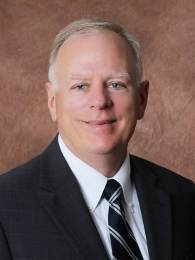The U.S. Department of Justice (DOJ) recently reported that federal fiscal year (FFY) 2014 was a record-breaking year for judgments and settlements in civil cases involving health care fraud and abuse, particularly qui tam whistleblower actions under the False Claims Act (FCA). In total, DOJ reported that the Federal Government recovered $5.69 billion, with nearly 40% ($2.3 billion) of the amount recovered attributable to FCA judgments and settlements related to Medicare, Medicaid, TRICARE, and other federal health care programs. This amount included federal recoveries only and did not include any amounts recovered by states.
A significant portion of the $2.3 billion in recoveries was obtained from pharmaceutical industry companies, hospitals, home health providers, device manufacturers, and other health care providers. The government stated that nearly $3 billion of its recoveries in FFY 2014 were attributable to FCA qui tam lawsuits.
DOJ also reported that more than 700 additional FCA whistleblower lawsuits were filed in FFY 2014 for the second straight year. As such, there is every indication that claims and recoveries will continue unabated in the foreseeable future.
Health care providers, large and small, should have an active compliance plan in place to monitor their activities and assist them in preventing the submission of erroneous claims or from engaging in unlawful conduct involving federal health care programs, whether intentionally or unintentionally.
For assistance in establishing or implementing an effective compliance program, please contact Indiana health care law attorney Ted Barron at rbarron@KDDK.com or (812) 423-3183.
About the Author

Ted Barron is a member of KDDK’s Health Care Law practice team. He counsels numerous health care clients including hospitals, joint ventures, surgery centers, physicians, physician groups, rehabilitation centers, and mental health centers on contractual matters, regulatory and compliance issues, various operational matters, and employment issues.






